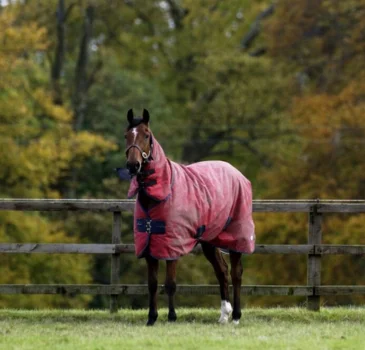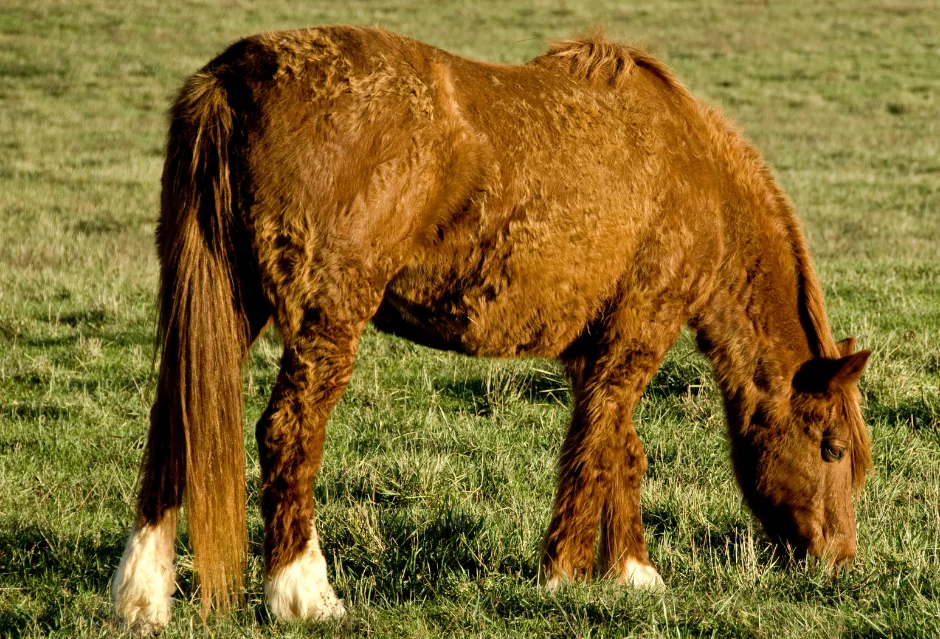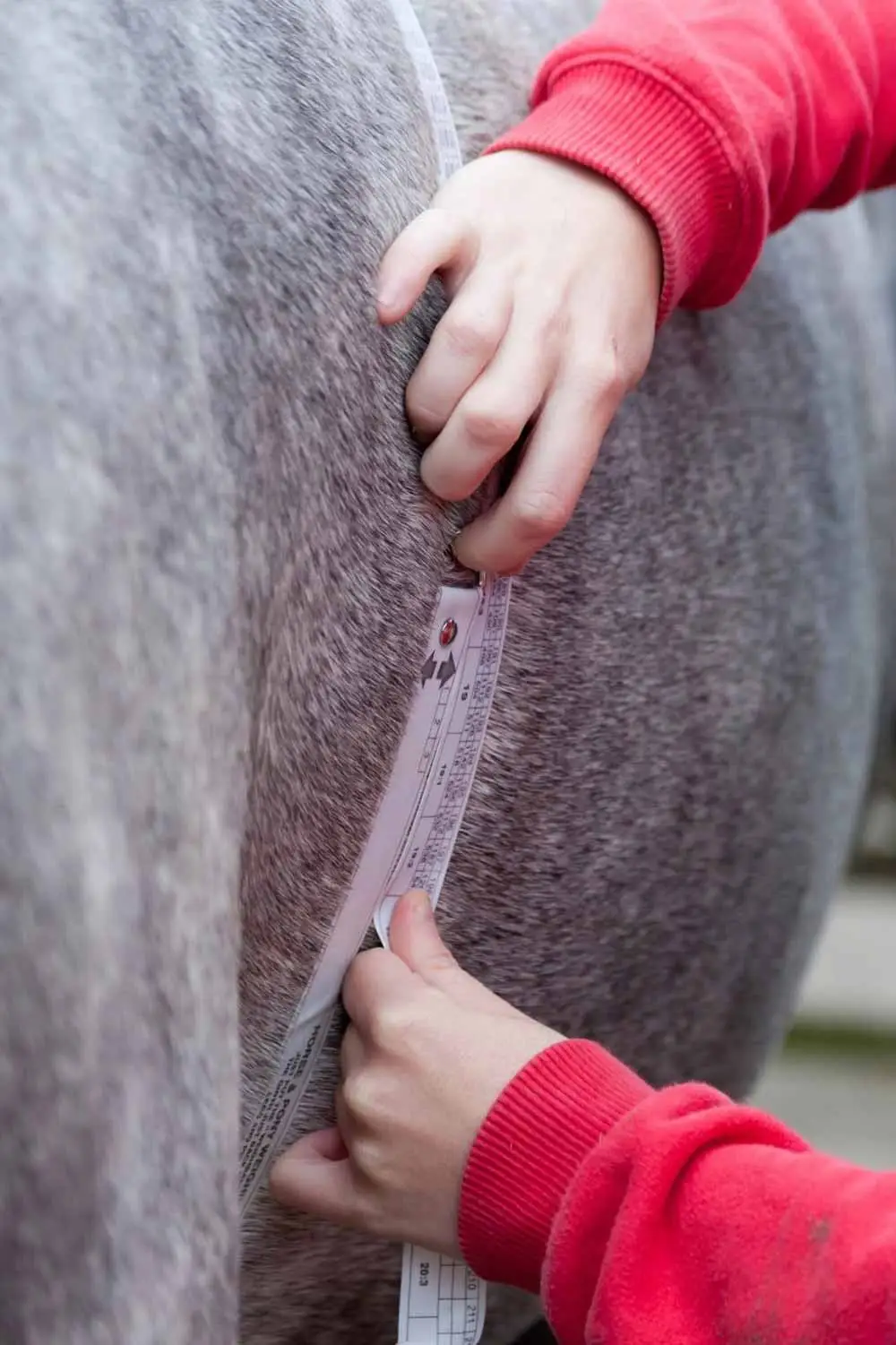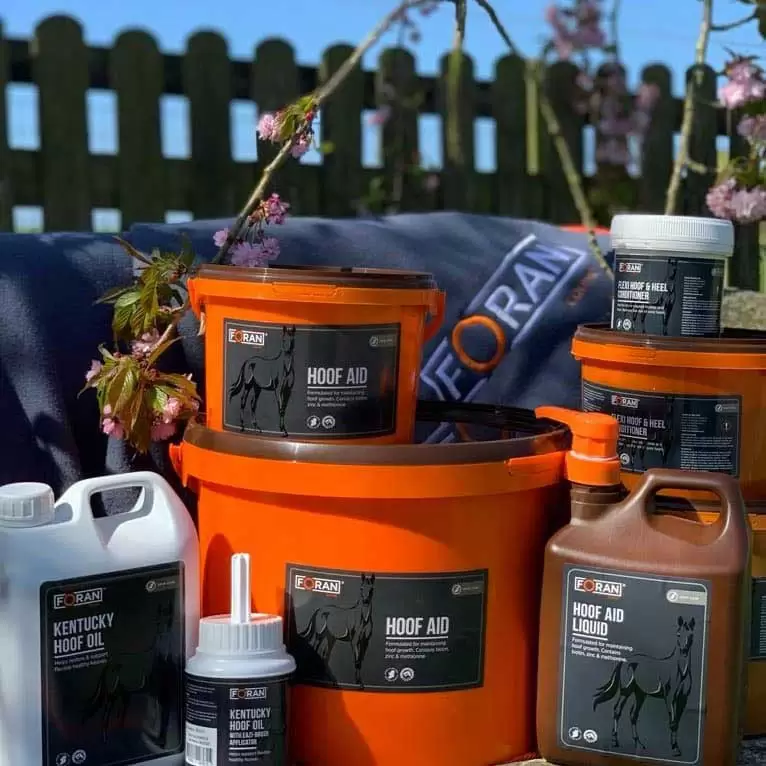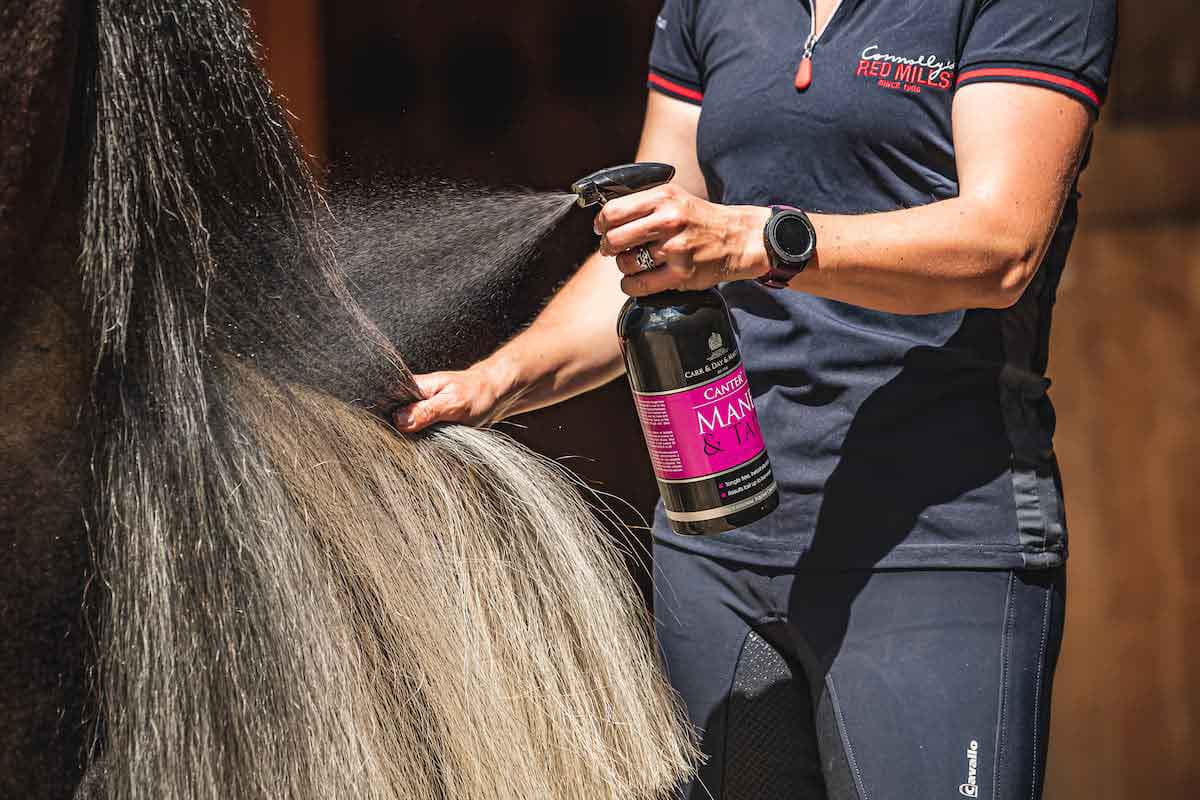RED MILLS equine experts answer your feed query
Question: I have a retired 19yo Ex-Show Jumping pony that is 14.1hh and approximately 380kg, he has been diagnosed with Cushing’s disease. He also has poor dentition and is unable to chew his hay as well as he used to. He’s on a balancer and some chaff, which he is able to eat without any issues. He’s stabled at night and out during the day in his own paddock. At the moment he is a little underweight and we are worried, how can we help him maintain condition during the winter?
Cushing’s can be a difficult condition to manage and, when coupled with poor dentition, it can be even more challenging. Obviously, we need to make sure your pony receives sufficient fibre, protein, vitamins and minerals, all of which are essential to keeping him healthy and in good condition. At the same time, because your pony suffers from Cushing’s, we need to ensure that the starch and sugar levels in the overall diet remain low.

Forage Intake
The first and most important thing to address is your pony’s forage intake. As poor dentition means that he’s struggling to eat hay, I suggest you feed a ‘hay replacer’. As your pony is managing to eat chaff I suggest you make this by mixing some short chop fibre such as alfalfa chaff with some unmolassed beet pulp. Ideally, your pony needs to consume around 1.5% of their bodyweight as forage each day. So, assuming your pony is able to eat a little grass, I recommend starting with a mixture of 3kg beet pulp (dry weight) and 3kg chaff. Leave this to soak so it softens and will be easier to chew. The ‘hay replacer’ can be divided and offered to your pony as an ad lib alternative to hay both in his paddock and stable. This will help to ensure your pony receives optimal fibre to maintain his digestive health and provide a source of calories to help him maintain condition. It will also help to keep him warm during the colder months, as heat is generated when fibre is fermented in the hindgut.


Hard Feed
In terms of hard feed, you may find that once your pony’s forage intake is addressed, he is able to maintain weight on a balancer alone. However, if you find that your pony still needs more calories then I recommend feeding our Horse Care Ultra Cubes. You should routinely assess your pony’s body condition score and keep a diary of how it changes over time, this allows you to continually assess whether your pony needs the additional calories in their diet. Horse Care Ultra Cubes are a conditioning feed formulated to be high in fibre but very low starch (4%). Horse Care Ultra Cubes also include a digestive care package, including a natural, long-lasting gastric acid buffer, MOS and FOS (prebiotics) and yeast for hindgut health. This is particularly important for older individuals as digestive efficiency is known to decline with age. Horse Care Ultra Cubes also contain an elevated antioxidant package to support immune function. Something that is often compromised in individuals suffering from Cushing’s.
The amount of Horse Care Ultra Cubes your pony needs will depend on his condition, and as we said earlier continual assessment of body condition is essential. As he currently needs to gain weight I recommend feeding 1kg/day to begin with but monitor his progress and adjust the amount of the Horse Care Ultra Cubes and balancer accordingly. You can also add a little water to his feed so that it becomes sloppy and easier for him to chew.
Feeding small meals to your pony is important, older pony’s have reduced digestive efficiency so we need to keep meal sizes small, but of a high nutritious value, to help with this you may wish to add a concentrated top-dress feed like RED MILLS Define & Shine. I recommend you feed a maximum of 300grams per day alongside his RED MILLS Ultra cubes and balancer, reduce the Define and Shine as necessary. The RED MILLS Define and Shine will provide a excellent source of high quality protein and Omega 3 fatty acids, to help promote condition, coat quality and immune health. It is essential that all dietary changes should be introduced to your pony gradually, over a minimum of one week.
Other management considerations in preparation for the winter that undoubtedly you’ve already considered are to make sure your pony is rugged appropriately and therefore not utilising energy stores to keep himself warm. On milder days do keep an eye that he isn’t overheating especially if he has a longer coat due to his Cushing’s. If you are doing any exercise with your pony and find that your pony is sweating, then some additional electrolytes (i.e. Foran Equine Equi-Lyte G) should be added to his diet which will help rehydrate your pony. Increased urination is also associated with Cushing’s and he should be encouraged to drink, which can reduce in colder temperatures, monitor his water intake to ensure he is taking in enough and contact your vet if you have any concerns. You should also give extra consideration to his grazing access, please read the following article on how best to manage turnout in PPID and/or laminitis prone ponies.
If you have a horse or pony suffering from Cushing’s click here for more advice




